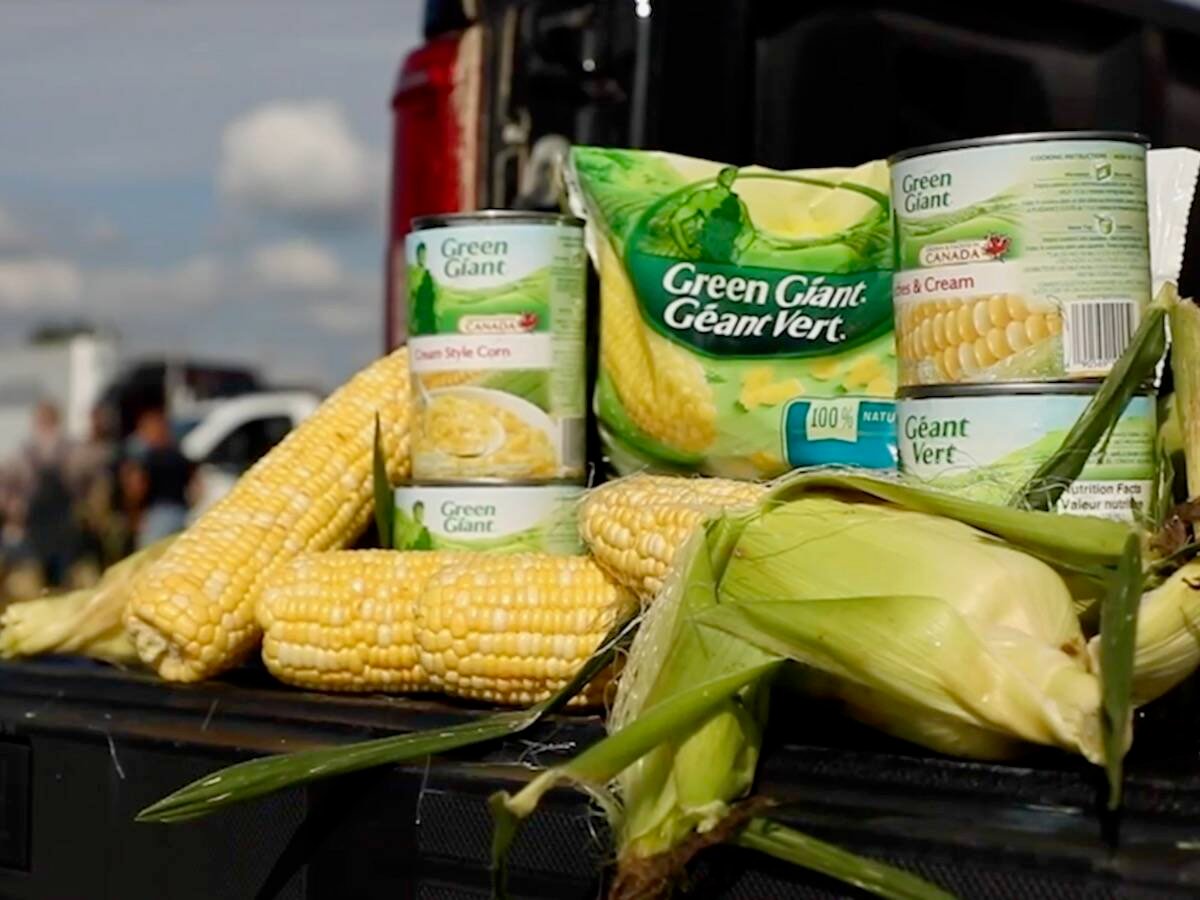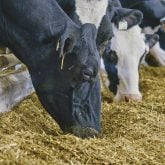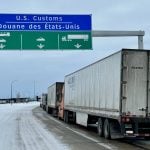In the 2001 Hollywood classic Pearl Harbour, Japanese Admiral Yamamoto utters what is likely one of the film’s most iconic quotes.
“I fear all we have done is to awaken a sleeping giant,” he says shortly after Japanese Imperial Forces bomb Pearl Harbour in 1941.
The sleeping giant is the United States, which was dragged into the Second World War shortly after the Pearl Harbour bombing.
In the first week of June, that same sleeping giant awoke with a roar once more — this time sending tremors and shockwaves internationally and starting a war of a different sort.
Read Also

Packer buys Green Giant, Le Sieur veg brands from U.S. owner
A Quebec-based processor’s deal to buy the Green Giant and Le Sieur packaged and frozen vegetable brands in Canada from a U.S. owner clarifies the status of two popular retail brands grown by Canadian farmers.
Instead of targeting its foes, the Trump administration has set its sights on the United States’ longtime friends and allies, including Canada.
Effective June 1, the Trump administration has imposed stiff import tariffs on Canadian steel and aluminum products of 25 per cent and 10 per cent. The tariffs, Washington has said, are necessary because of national security concerns.
Canada has vehemently refuted that argument, arguing the two countries share an integrated defence system. Prime Minister Justin Trudeau and Foreign Affairs Minister Chrystia Freeland have said the tariffs are both “insulting” and “absurd.”
Canadian politeness has been replaced with blunt talking points and disbelief. Formal complaints have been filed with the World Trade Organization and under NAFTA.
All of a sudden Canada and its largest trading partner, the United States, are at odds, with Canada threatening to impose $16.6 billion in retaliatory tariffs against its southern neighbour, effective July 1.
The list of goods that could be targeted is lengthy and detailed.
Raw agricultural commodities such as corn, soybeans, beef and pork have so far been exempted from Canada’s list over fears there could be unintended consequences on Canadian agriculture as those commodities are priced North American wide in the U.S. However, there are plenty of finished food products on the list. Freeland has said the list can be amended if necessary.
A trade war between Canada and the United States is no small potatoes. Agriculture is traditionally a target — even when the goods in question aren’t grown on a farm – because the products are perishable.
Canada’s agriculture industry was already nervous about the trade uncertainty surrounding the future of the North American Free Trade Agreement negotiations, which appear to have seized.
Agricultural trade alone between the two countries was worth some $63 billion in 2017.
Here at home, Canadian food processors and agriculture equipment manufacturers are warning the steel and aluminum tariffs will hurt consumers on both sides of the border.
“Retaliatory options risk hurting Canadian consumers as much as they would hurt U.S. consumers,” Food and Consumer Products of Canada President Michael Graydon said in a release June 1.
“Some food and consumer products will become more expensive in Canada, and consumers may also be faced with a limited product selection on grocery and drug store shelves.”
Graydon urged Canadian and American officials to go back to the negotiating table “to find a constructive way to settle commercial differences.”
As of deadline, those discussions looked unlikely, with U.S. President Donald Trump’s top economic advisor Larry Kudlow telling Fox News June 3 Canada was “overreacting” to the tariffs.
Meanwhile, the U.S. president has repeatedly insisted on Twitter his actions on the trade file will help American farmers.
“Farmers have not been doing well for 15 years. Mexico, Canada, China and others have treated them unfairly,” the U.S. president tweeted June 4. “By the time I finish trade talks, that will change. Big trade barriers against U.S. farmers, and other businesses, will finally be broken. Massive trade deficits no longer!”













